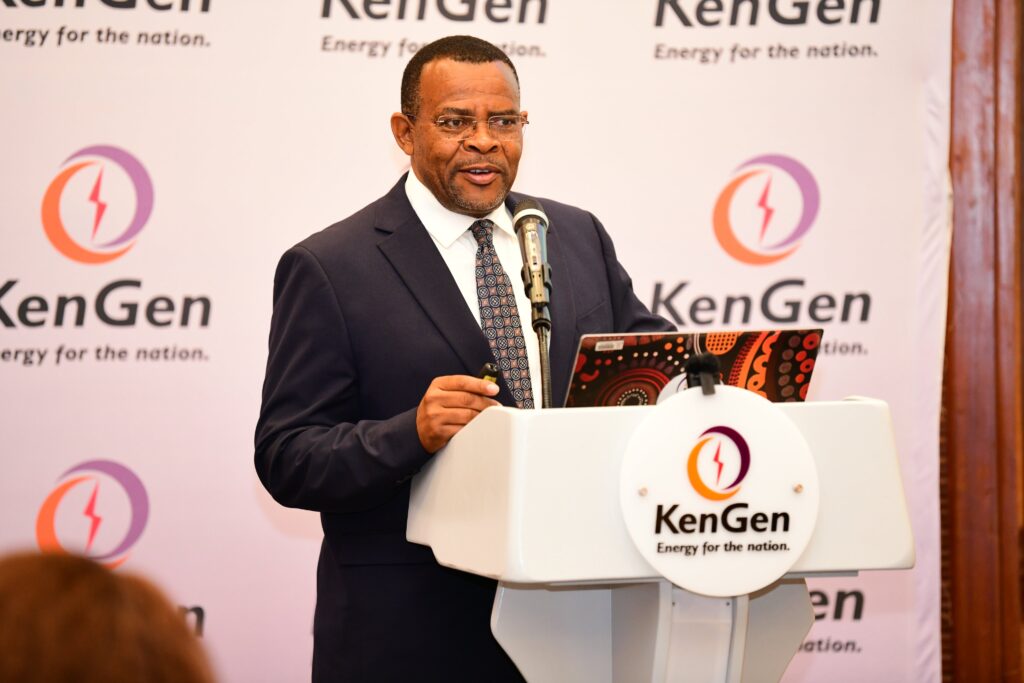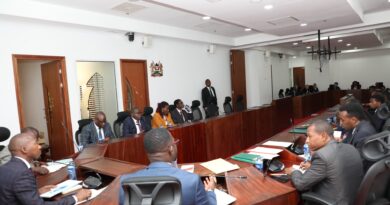Kenyans pay Ksh11.39 more for power from IPPs compared to KenGen

Kenyans are paying an additional Ksh11.39 per unit for electricity supplied by Independent Power Producers (IPPs) than that bought from KenGen.
An analysis by Auditor-General Nancy Gathungu shows that IPPs supplied 3,483,000,000 units electricity to Kenya Power in the year to June 2024 at a cost of Ksh73,723,453,000.
This translates to an average cost of Ksh21.16 per unit.
On the other hand, KenGen, which is 70% owned by the Kenyan government, supplied 5,048,000,000 units to Kenya Power at a cost of Ksh49,369,297,000.
This translates to an average cost of Ksh9.77 per unit, which is Ksh11.39 less than what is charged by IPPs.
This difference persists even where the IPPs and KenGen generate power from the same sources. For instance, a unit of thermal power from IPPs cost Ksh43.76 on average compared to Ksh29.47 from KenGen.
The situation is the same for geothermal, where the IPPs charge Ksh17.28 per unit, which is more than double the Ksh8.24 that is charged by KenGen.
For wind, the private power producers charge Ksh14.71 on average, while KenGen charges Ksh8.80.
Gathungu has consistently raised questions over this glaring difference in pricing between the two sets of electricity suppliers.
Analysis of power purchase revealed that KenGen supplied a total of 5,048GWh in thermal, geothermal and wind generated energy equivalent to 59% of total power purchased from the three sources while the IPPs supplied the remaining 3,483GWh or 41% from similar sources
Auditor-General Nancy Gathungu
“However, the cost of the power purchased from KenGen in respect of the three sources was Ksh49,369,297,000 or 40% compared to the cost of power purchased from IPPs from similar sources totaling Ksh73,723,453,000 or 60% of the total purchase cost for the three sources.”
IPPs have for many years however maintained that the higher cost of their power is as a result of their higher cost of capital acquisition. The firms argue that KenGen, by its virtue of it being government-owned, has for long enjoyed concessional long-term financing for their projects whereas they largely get credit on commercial terms.
At the same time, the IPPs have further argued that most of KenGen’s power plants are decades-old and have largely already paid for themselves, which has freed KenGen to charge lower tariffs.
Despite this, the expensive power supplied by IPPs has remained a contentious issue, which saw former President Uhuru Kenyatta in March 2021 form a taskforce to review Power Purchase Agreements (PPAs) that are in force in the country.
The findings from the taskforce led to a ban on the signing of new PPAs and renewal of new ones. The ban remains in place to date.
brian@theenergyreview.com
Discover more from THE ENERGY REVIEW
Subscribe to get the latest posts sent to your email.


